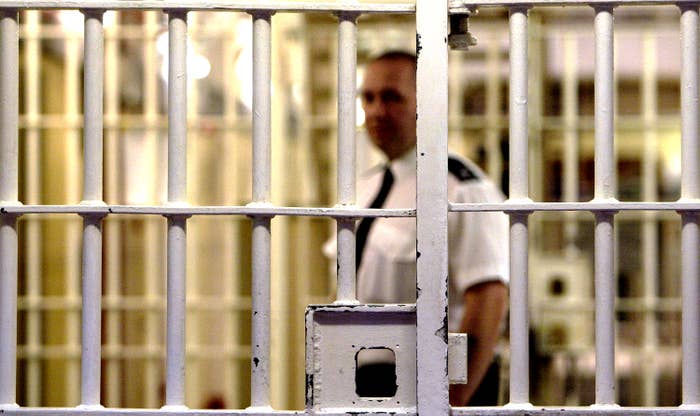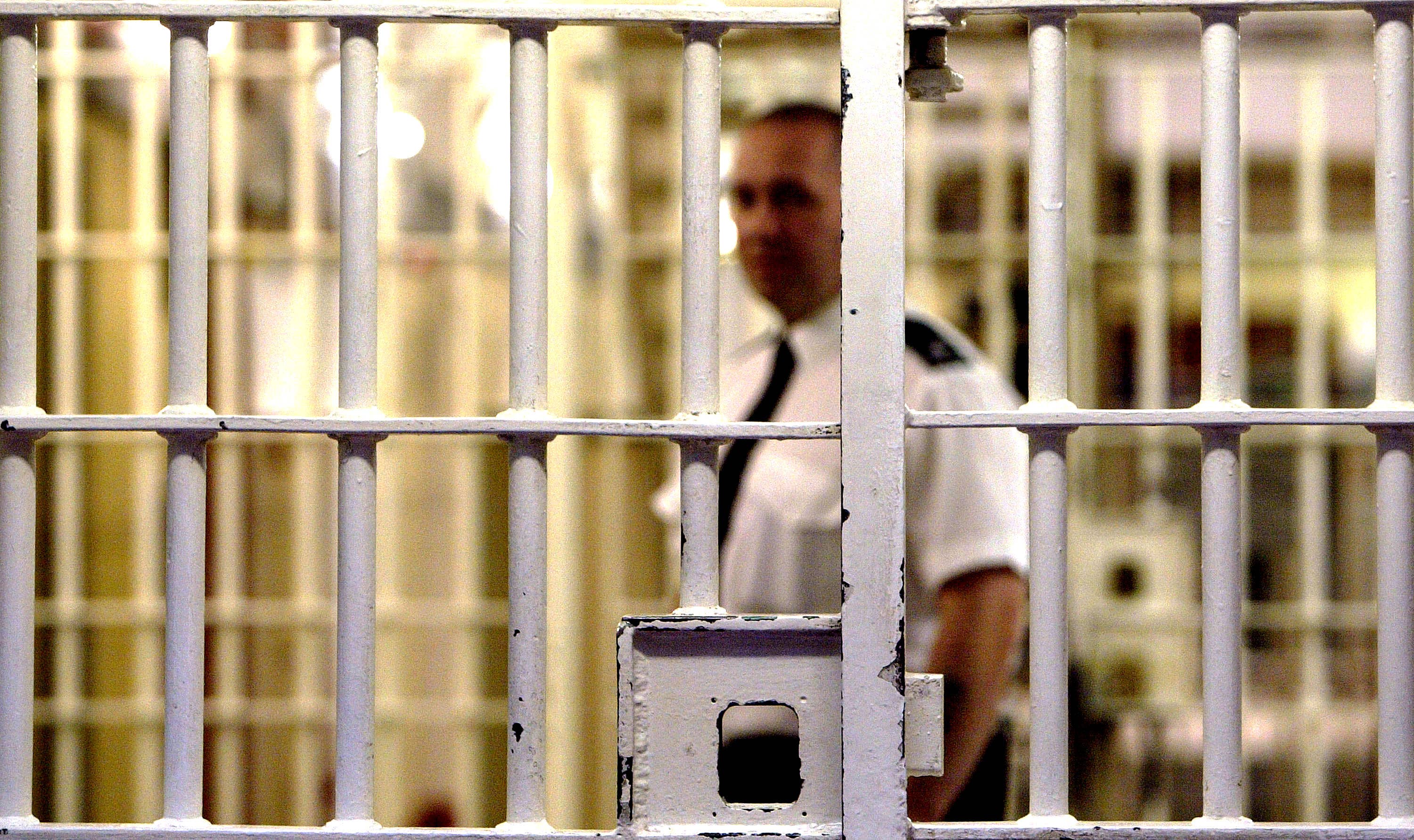
In the span of one week, the U.S. Justice Department made two major moves to reform the criminal legal system and, possibly, reduce the scale of mass incarceration in the United States.
The DOJ announced Tuesday that the agency will be phasing out its use of private prison then, in an amicus brief filed Thursday in a Georgia lawsuit, took a landmark stand against bail practices that often incarcerate the poor for inability to pay. According to some critics, the measures won't have much impact on reducing American's prison population. Still, many others are pleased with news that the top law enforcement agency in the country is entering the debate over mass incarceration.

"Today, I sent a memo to the Acting Director of the Bureau of Prisons directing that, as each private prison contract reaches the end of its term, the bureau should either decline to renew that contract or substantially reduce its scope in a manner consistent with law and the overall decline of the bureau’s inmate population," wrote Deputy Attorney General Sally Q. Yates in a statement posted to the DOJ's website. "This is the first step in the process of reducing—and ultimately ending—our use of privately operated prisons. While an unexpected need may arise in the future, the goal of the Justice Department is to ensure consistency in safety, security and rehabilitation services by operating its own prison facilities."
According to the DOJ, the federal prison population increased by almost 800 percent between 1980 and 2013 with 15 percent of all federal prisoners, nearly 30,000 inmates, housed in private prisons. In the years since, the DOJ has been on a path to reduce the federal prison population. Today the number of prisoners in federal custody sits at 195,000, down from a high of 220,000 in 2013, and Yates projects the DOJ will reduce the federal private prison population by more than half , about 15,000, by not renewing its contracts with privately operated institutions.
Stock for Corrections Corp. of America and GEO, two major private prison companies, went into a sharp decline Thursday and ended the day down more than 35 percent and 39 percent respectively. The companies bounced back, however, after analysts reported that the shift in the DOJ's policy wouldn't have much effect on profits.
"The massive falloffs in the stocks imply that the risk will spread to other federal, state and local jurisdictions. While this is possible, we believe it is unlikely. As such, we think today's stock action is more based on fear than actual cash flow risk," said Ryan Meliker, an analyst with Canaccord Genuity, in an interview with CNBC.
As Meliker noted, the vast majority of inmates in private prisons are held in state or local facilities. In fact, as of 2014, privately-run state institutions accounted for more than 91,000 prisoners -- nearly 7 percent of the total state prison population, according to the Bureau of Justice Statistics. In addition, private prison companies have a sizeable stake in federal immigrant detention facilities with 62 percent of people detained by Immigration and Customs Enforcement held in privately-run facilities. Unlike federal prisons, detention facilities fall under the jurisdiction of the Department of Homeland Security and will be unaffected by the DOJ's announcement.
Despite the skepticism of analysts, proponents of ending private prisons are calling the Justice Department's decision a victory.
"The Justice Department’s action will also trigger aftershocks in its sister agency, the Department of Homeland Security, which oversees the Immigration and Customs Enforcement detention system," projected Carl Takei, staff attorney for the American Civil Liberties Union' National Prison Project, in a blog post. "Eighteen percent of GEO’s annual revenue comes from ICE detention, and a whopping 28 percent of CCA’s revenue is from ICE detention, much of it from a billion-dollar contract to detain Central American mothers and children in a modern-day internment camp," Takei continued. "The combined effect of losing the Bureau of Prisons contracts and ICE contracts would deal a death blow to both companies.
On the bail front, the DOJ's amicus brief doesn't change policy. It is, however, the first legal opinion on the bail systems of state and local courts submitted by the agency. Civil rights advocates representing the NAACP Legal Defense Fund, the ACLU and Lawyers' Committee for Civil Rights Under Law praised the statement.
“Hundreds of thousands of human beings are held in American cages every night solely because they are too poor to make a payment,” noted Karakatsanis, co-founder of Equal Justice Under Law, in a statement to The Huffington Post Thursday. “Today’s amicus filings of support by a wide range of groups, including the Department of Justice, takes us closer to finally eradicating poverty jailing from American society.”

